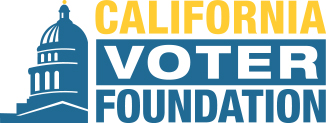Excerpts:
Tuesday Sept. 22 is National Voter Registration Day, a nonpartisan effort that encourages Americans on the fourth Tuesday of September to get ready for the upcoming election.
In a statement, California Secretary of State Alex Padilla described the day as “the perfect time to sign up” for the millions of Californians who have yet to register.
All voters must be registered to participate in the November election, which starts in earnest in California in early October when mail-in ballots will be sent out to all active, registered votersin the state.
In California, you can register, pre-register (if you are 16 or 17) or check your registration at registertovote.ca.gov. Teens who pre-register will receive a confirmation in the mail once they turn 18 stating their voter registration is now active.

